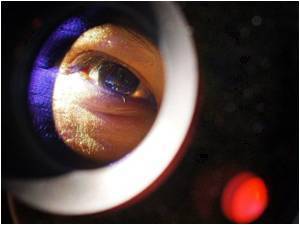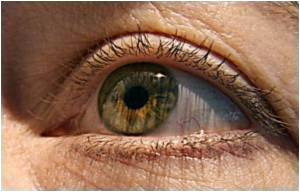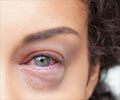
The study brings researchers closer to a non-viral gene therapy treatment for degenerative eye disorders.
"Our work shows that it is possible to attain therapeutic results using non-viral gene delivery methods, specifically, nanoparticles. Nanoparticles, which are small enough to penetrate cells and stable enough to protect DNA, are capable of preventing retinal cell death and preserving vision," said senior author Dr. Rajendra Kumar-Singh.
"The most common approach to gene therapy involves using a virus to deliver DNA to cells. While viruses are very efficient carriers, they can prompt immune responses that may lead to inflammation, cancer, or even death. Non-viral methods offer a safer alternative, but until now, efficiency has been a significant barrier," added Kumar-Singh.
In a model simulating the progression of human retinal degeneration, the researchers treated mice with nanoparticles carrying a gene for GDNF (Glial Cell Line-Derived Neurotrophic Factor), a protein known to protect the photoreceptor cells in the eye.
Retinas treated with the GDNF-carrying nanoparticles showed significantly less photoreceptor cell death than controls.
Advertisement
The protection conferred by the GDNF-carrying nanoparticles was temporary, as tests fourteen days after treatment showed no difference in eyesight between treated mice and controls.
Advertisement
The study is published online in advance of print in Molecular Therapy.
Source-ANI











